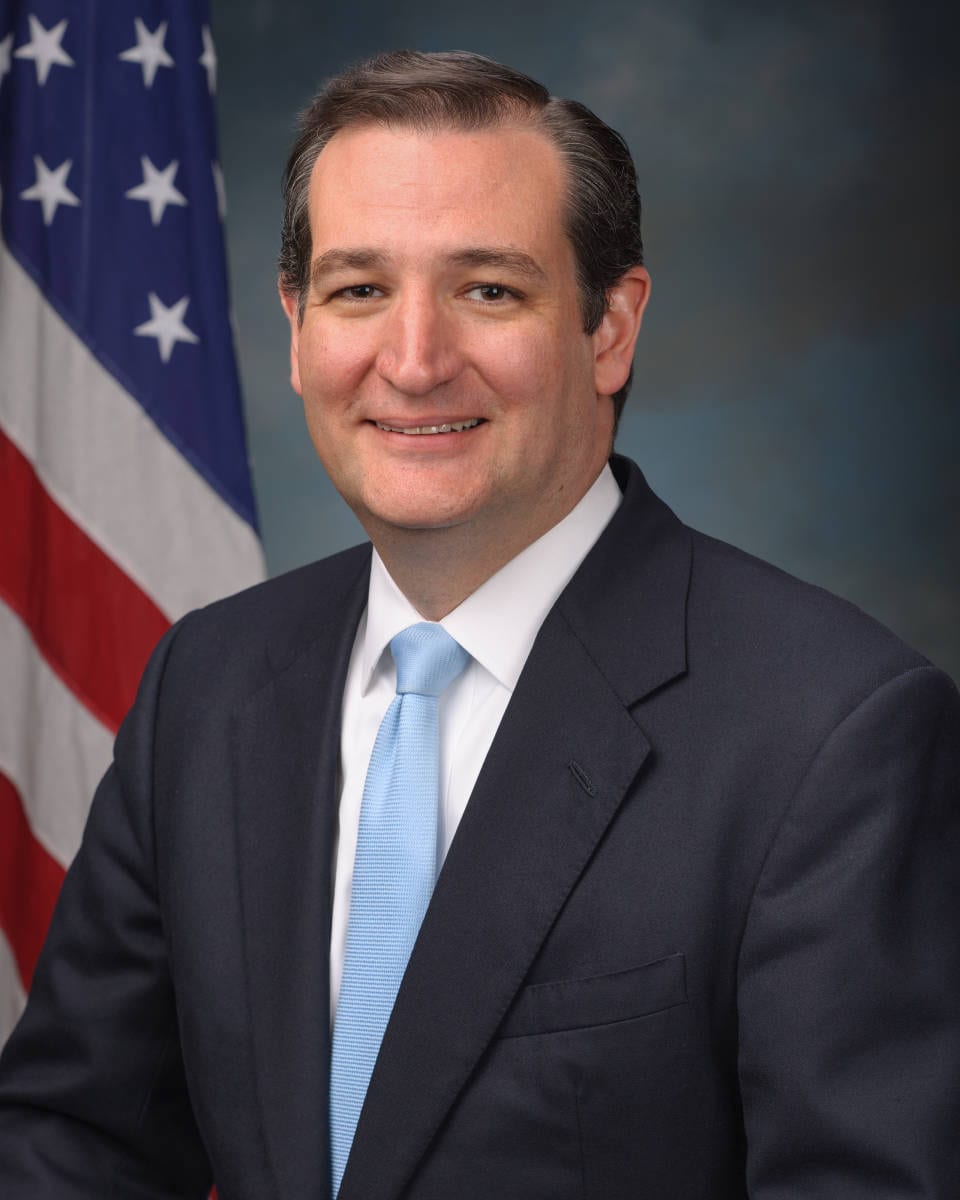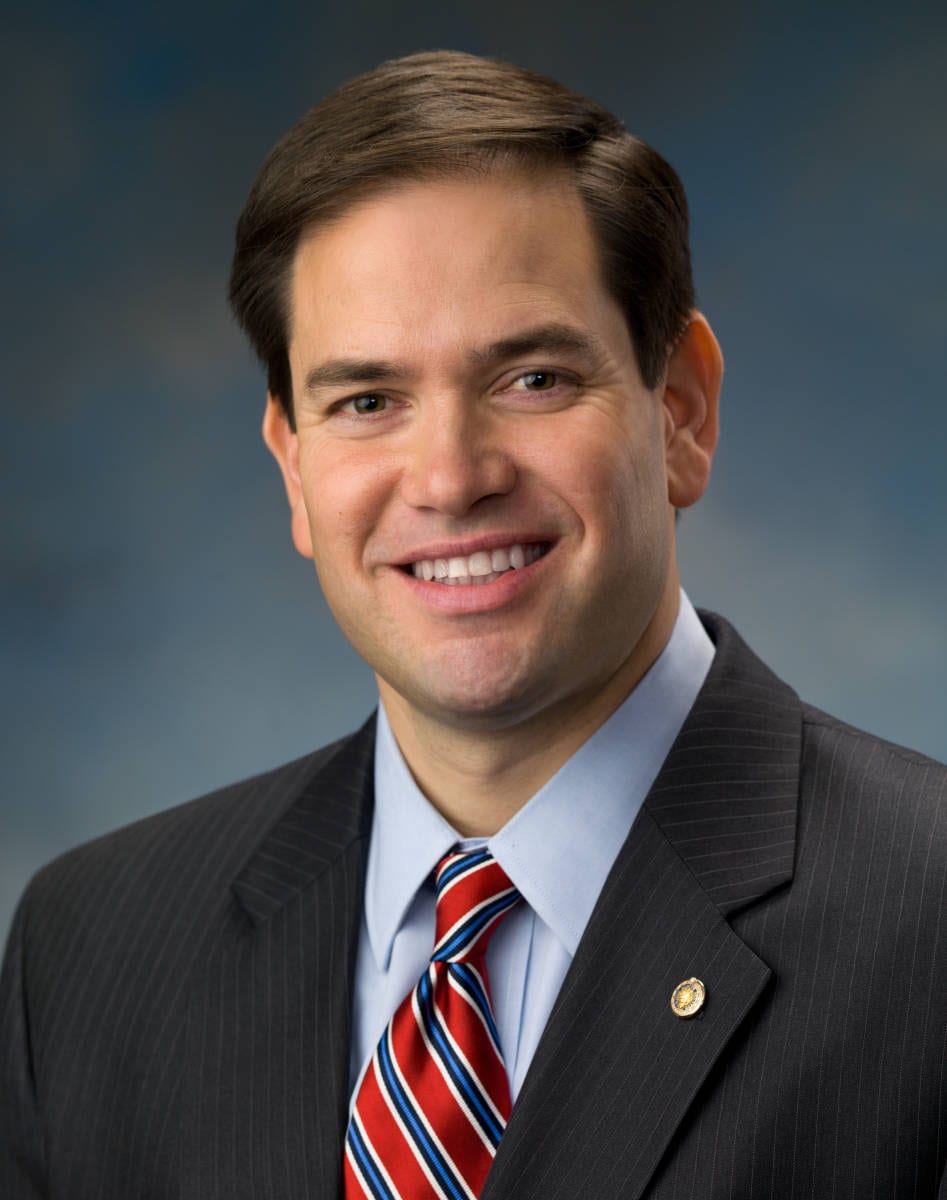 Written by Richard D. Skidmore
Written by Richard D. Skidmore
When it comes to Donald Trump’s presidential qualifications, he appears to have walked into a bipartisan wall by calling for a moratorium on visa issuance and immigration of Muslims to the United States until the State Department improves its vetting procedure to fully guarantee that the applicants coming from countries and groups wanting to destroy our government and Constitution are blocked.
The White House weighed into Mr. Trump’s “moratorium call” using its press spokesman Josh Earnest, appealing for a condemnation of him and stating that “… his comments disqualify him for President. …”
This is an odd moral high ground coming from the White House.
Scratching our heads, we ponder if the White House and the congressmen who take an oath of office freely to protect and defend our Constitution against all enemies foreign and domestic actually know and comprehend the Constitution and the words used to frame it.
The constitutional qualifications for president of the United States are as follows: “No Person except a natural born Citizen, or a Citizen of the United States, at the time of the Adoption of this Constitution, shall be eligible to the Office of President; neither shall any Person be eligible to that Office who shall not have attained to the Age of thirty five Years, and been fourteen Years a Resident within the United States.”
Note the Constitutional distinction of “natural born Citizen” and “Citizen.” The paramount question is, “Why would the founders make the distinction of ‘natural born Citizen’ and ‘Citizen’ if it was not meaningfully important?”
Chief Justice John Marshall, delivering the opinion of the Court in Marbury v. Madison (1803) stated, “It cannot be presumed that any clause in the constitution is intended to be without effect; and therefore such construction is inadmissible, unless the words require it.” “Citizen,” “naturalization,” and “natural born Citizen” are all in the original, un-amended Constitution; therefore, none can mean the same thing.
The constitutional framers understood “natural born Citizen” and “Citizen” to be uniquely different and unequal and deliberately established this unique presidential qualification while specifically excluding “naturalization” as a qualification.
Minor v. Happersett (1874), which is the only Supreme Court case to look at the qualifications for president, is the case that all self-appointed guardians and professors on presidential qualifications currently overlook and never discuss publicly. In this one case, the court actually defined what the founders meant by this unique phrasing of “natural born citizen.”
Chief Justice Waite delivered the unanimous and precedent opinion of the court in Minor vs. Happersett, and no other court has ever reversed nor reviewed again the qualifications for president since this case.
This court declared what the founders understood: that a child born to parents (note plural, thus mother and father) who are citizens of the United States at the time of their birth is a natural born citizen, meeting the presidential qualification set forth in the U.S. Constitution. This finding has nothing to do with where the child was born, but it has everything to do with the parents and their citizenship status to the U.S. As this is a precedent case, nothing else influences it.

Based on the Supreme Court’s findings in 1874 and reviewing the heritages of Sen. Cruz, and Sen. Rubio, one needs to ask if they fit the constitutional requirement of “natural born Citizen.”
Cruz can claim only one parent as a U.S. citizen at his birth — his mother, Eleanor Cruz. His father, Rafael Cruz, was born in Cuba and became a naturalized U.S. citizen in 2005. Sen. Cruz was born in 1970. Even though Cruz was born in Canada, had both his parents been U.S. citizens, he would be without question a natural-born citizen as his place of birth is not at issue. Knowing that place of birth has no bearing on natural-born-citizen status is not common knowledge to our elected representatives or the people at large.

Rubio was born in 1971, and his mother and father were both Cuban citizens at the time of his birth, becoming naturalized citizens in 1975.
Do any of the above politicians meet the constitutional requirement for president given the Supreme Court’s unanimous precedent decision of 1874?
Richard D. Skidmore is a professor at Pierce College in Woodland Hills, Ca. He is a ViewPoint contributor for the editorial pages of California’s newspapers. He may be contacted at skidmord49@excite.com.



